|
One of the hottest health topics in many African countries is the rise in obesity, a major risk factor in people developing diseases like type 2 diabetes, hypertension, heart disease and many common cancers. One of the areas of focus in managing this has been to bring down sugar consumption. Three years ago South Africa took the lead on the continent in tackling the problem when it introduced a tax on sugary drinks. Karen Hofman unpacks
the findings of a new study which shows large reductions in purchases of sweet drinks in terms of both volume and sugar quantities.
And Paolo Sigismondi looks at the wider impact of Netflix’s globalisation strategy.
|

Photo by Peter Kovalev\TASS via Getty Images
Karen Hofman, University of the Witwatersrand
The results are in: South Africa’s ground-breaking health promotion levy, introduced in 2018, is working.
|

TV and movies are one way we understand people and places we’ve never had direct contact with – and maybe never will.
iStock / Getty Images Plus
Paolo Sigismondi, USC Annenberg School for Communication and Journalism
An Italian media scholar raised on American TV assesses Netflix's ambitious strategy to create original productions in Italy, Japan, Brazil and beyond – and distribute them globally.
|
Politics + Society
|

Jonathan Spangler, Manchester Metropolitan University
The marriage of the future British queen and her consort was part of an ancient tapestry of royal intermarriage in Europe.
| |
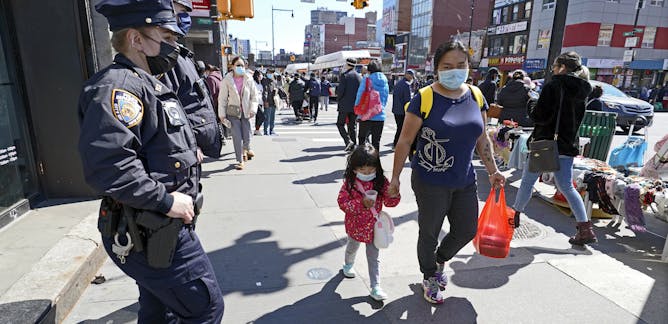
Jennifer Ho, University of Colorado Boulder
White people are the main perpetrators of anti-Asian racism and violence, but white supremacy is still the problem when Blacks and Latinos attack Asians.
|
|
|
Energy + Environment
|
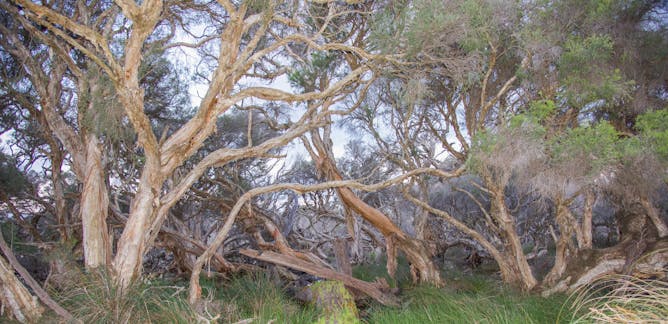
Luke Jeffrey, Southern Cross University
Scientists are learning trees can emit methane, which could be a big problem for global warming. But a world-first discovery of methane-eating bacteria in paperbark can help moderate this.
| |
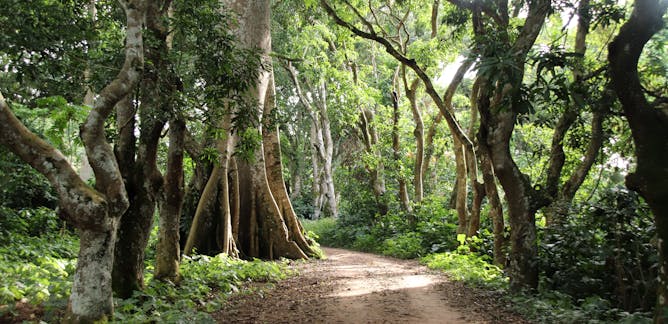
Michele Francis, Stellenbosch University
A stable ecosystem of organic matter is the key to improving agricultural yields in the surrounding farmland and fighting climate change.
|
|
|
Health + Medicine
|

Adam Taylor, Lancaster University
The mechanisms behind vaccine-related and pill-related clots are quite different.
| |

Penny Riggs, Texas A&M University
Recently in the spotlight for its role in the Pfizer and Moderna COVID-19 vaccines, mRNA is not a new invention. It's a crucial messenger molecule at work every day in every cell in your body.
|
|
|
En Français
|
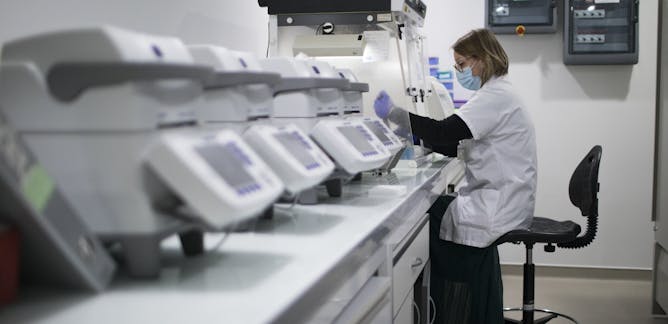
Susan Michie, UCL; Chris Bullen, University of Auckland; Jeffrey V Lazarus, Barcelona Institute for Global Health (ISGlobal); John N. Lavis, McMaster University; John Thwaites, Monash University; Liam Smith, Monash University; Salim Abdool Karim, Centre for the AIDS Program of Research in South Africa (CAPRISA); Yanis Ben Amor, Columbia University
Les variants ont changé la donne. Nous devons agir en conséquence pour éviter de nouvelles vagues d’infections, de nouvelles fermetures, restrictions, hospitalisations et décès évitables.
| |
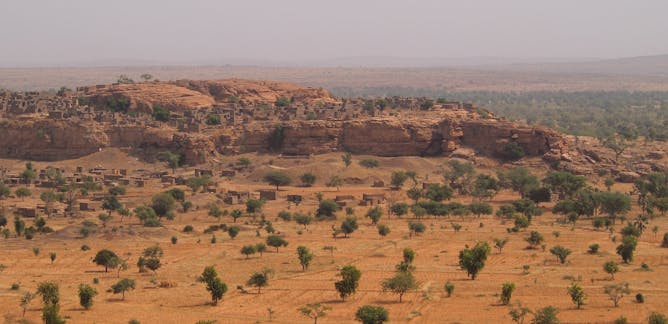
Martin Brandt, University of Copenhagen; Kjeld Rasmussen, University of Copenhagen
Des technologies de pointe permettent de construire une base de données ouverte de milliards d’arbres individuels, pour mieux comprendre la végétation en zone aride, loin des idées reçues.
|
|
|